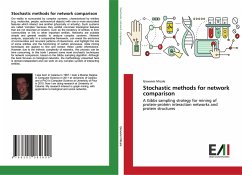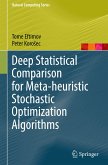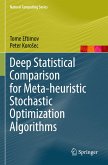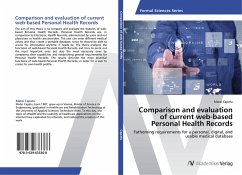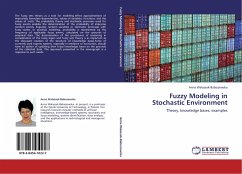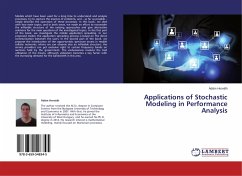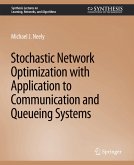Our reality is surrounded by complex systems, characterized by entities (e.g. molecules, people, astronomical objects) with one or more associated features which interact one another (physically or virtually). Such systems are called 'complex' because they exhibit non-trivial topological features that are not observed at random, such as the tendency of entities to form communities or link to other important entities. Networks are suitable simple and general models to analyze complex systems. Network analysis, especially in a comparative framework, can reveal the existence of communities and recurrent patterns of interactions, and highlight the role of some entities and the functioning of certain processes. Data mining techniques are applied to find and extract these useful informations. However, due to the intrinsic complexity of networks, this process can be time consuming. In this book I present some novel stochastic techniques for network comparison, based on the Gibbs sampling algorithm. Although the book focuses on biological networks, the methodology presented here is domain-independent and can work on any complex system of interacting entities.
Bitte wählen Sie Ihr Anliegen aus.
Rechnungen
Retourenschein anfordern
Bestellstatus
Storno

